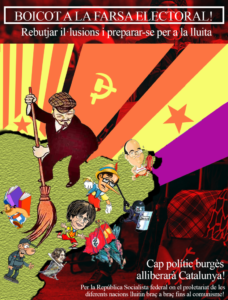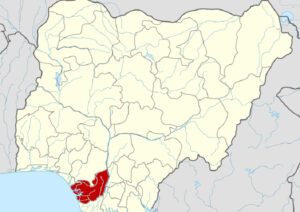
Brazil: The 23 persecuted activists from 2013/14 were acquitted
A Nova Democracia reports that on Tuesday, March 19, the trial of the request for acquittal of the 23 political activists persecuted for their participation in the 2013 and 2014 demonstrations took place at the Court in Rio de Janeiro.
The trial lasted around 20 minutes and unanimously approved the acquittal of the activists. Outside the court, popular class movements, democratic entities and associations gathered to denounce the political persecution and demand the acquittal of the 23 activists persecuted by the old State for 10 years.
At the event, in addition to celebrating the result of the trial, speeches were also made against the criminalization of the popular struggle currently underway, defending the people’s right to struggle for their rights.
The case against the 23 began in 2014, with accusations of “gang formation” and “corruption of minors”. The activists were sentenced to sentences ranging from 5 to 7 years in prison. The accusations and arrests linked to this process are part of the campaign of persecution and criminalization of the popular struggle.
It is worth highlighting that the criminalization of activists and young people who took to the streets to protest also included the participation of the press monopoly, which painted the young fighters as “terrorists” and “vandals”.
Igor Mendes, among others was imprisoned. He served almost 7 months. Several other people had to remain underground to escape the waves of arrests that were taking place.
During these 10 years of struggling against the absurd process, the people’s lawyers managed to completely prove the complete farce behind the accusations, which was not supported by evidence but by “testimonies” from undercover agents and other illegalities. that made up a process full of gross flaws.
The acquittal represents a political victory not only for the activists directly affected but also for all those who struggle, especially the youth, who dared to stand up in the heroic days of 2013 and 2014 against oppression and exploitation of the people. The outcome is also important due to the given current national situation, marked by a profound reactionarization of the State, which has been creating new laws and legal mechanisms to criminalize popular struggle and the right to demonstrate.

